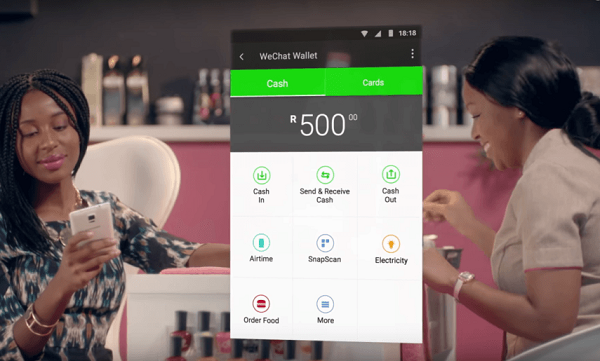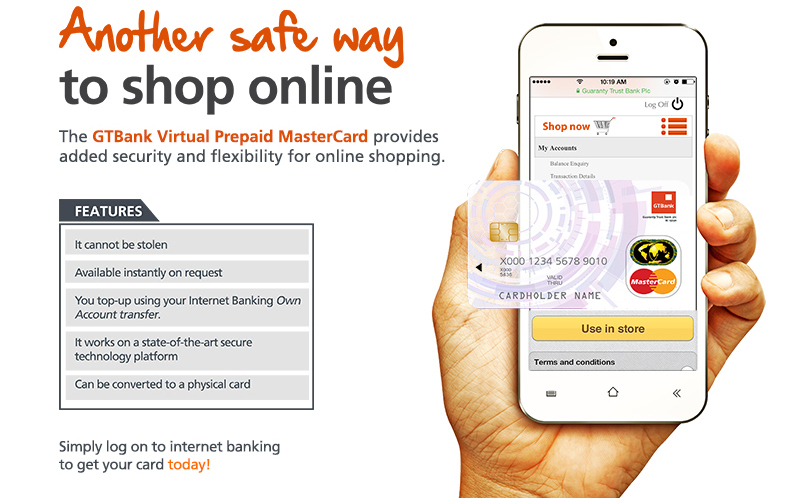If there’s one thing that customers hate, it’s price hikes. I’m sure you can remember how many times you’ve dumped a service simply because they increased their prices. Then yet again, there are services that have increased prices over the years and still you remain a loyal customer. You may rant once or twice but you know that particular product or service owns your wallet.
Well, the art of bumping up your prices is a delicate one. Ask Amazon. Recently there was heavy backlash over the price bump of their Fresh grocery delivery service.
https://twitter.com/GothamNurse/status/655695486687440896
Increase in prices are a normal occurrence but when they lead to more customers leaving your product than staying, you may be doing something wrong. Especially when you consider that nobody seems to be complaining about Netflix’s (impending) price hikes which actually led to a 3% increase in Netflix’s stock.
So, here’s a small, handy guide to When, Why and How you should increase prices for your services.
The Why
The wrong reason for doing this is, “because we can”. That will make your customers drop your product like a bad habit. And no brand is too big or invincible when it comes to this rule.
Coke tried it way back in the 90s. They bumped up the price of their Coke, from NGN15 to NGN20, I think. And no tangible reason was given since there was no fuel scarcity, no natural disaster or nuclear apocalypse in the country at that time.
That was enough to send Coke faithfuls into the hands of their competition. This was around the time sobo, kunu and chapman became popular.
The effect on coke was so huge that they had to create an entirely new product – Fanta chapman – just to compete with and eventually phase out the sobo brands that had “stolen” their customers.
Moral of the story: increasing your prices should not be done arbitrarily.
The When
So when should you seriously consider price hikes? When there are obvious changes in the socio-economic environment.
If there’s fuel scarcity or prolonged blackouts, everyone in the region knows what is happening. In fact, they’ll be having the thought pass through their heads saying, “I hope this fuel scarcity doesn’t affect the cost of (insert product).”
So, mentally, your customers are prepared for the new development.
The How
Number one trick is advance warning. Never, ever surprise your customers with price bumps. That’s one surprise that never goes down well.
During my primary school days, the teachers would send us home at the end of the term with report cards and a special letter, “to be opened by parents or guardians”. I was only interested in the report card but I noticed my dad would always sigh whenever he read through the letter (they were notification of increase in school fees).
That’s a really good strategy to keep your customers. Informing them well ahead of time (one month is too short by the way) will help them prepare mentally and financially for the price hikes.
Installmental increases
Don’t bump your prices by a hundred or even fifty percent margin in one go (like Amazon did). That would literally choke your customers. Small incremental bumps in service charge would go down easier – like five percent increase every six months.
Offer more value at the new price points
No matter how much your product costs, if it sucks, no one will stick with it. If it’s just an okay product, and you bump prices, you will lose customers. That’s simple customer dynamics. A spoonful of extra features and whizbangs will surely make the medicine go down in the most delightful way. But only if your product is up to snuff.
Finally, vary the payment plans
If you absolutely must increase prices and the increase is going to be above 50%, you may want to think about breaking up the payments. Per month billing, per week billing? Or pay as you go? The more options your customers have, they more likely they’ll stay with your product. The less options they have, the more it seems like you’re issuing an ultimatum – pay up or get lost.
Guess which one they’ll choose.
Photo Credit: Dustpuppy72 via Compfight cc





















